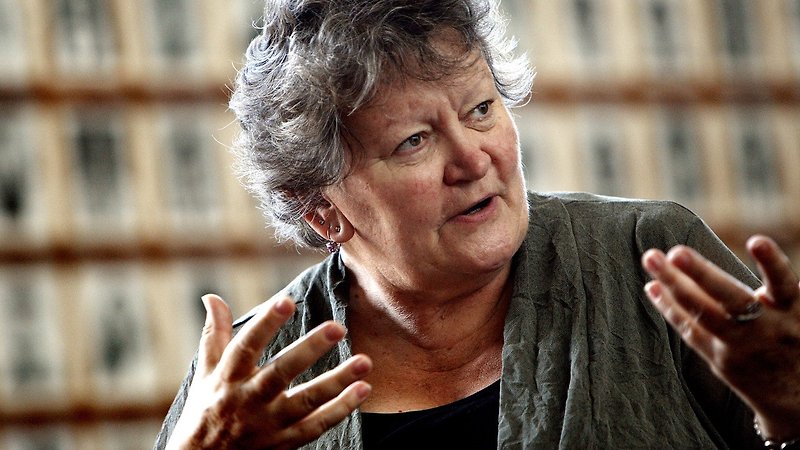Amanda Millar’s moving documentary celebrates the enduring legacy of Celia Lashlie, a passionate advocate for social interventions that equipped those long deprived of choice with the tools for responsible decision making.

Every child is born pure and filled with their own particular brand of magic.
Screened as part of NZIFF 2018
Celia 2018
Celia Lashlie, an impassioned, charismatic advocate for equality of opportunity in New Zealand, is mourned and celebrated in this documentary written, directed and produced by former TV current affairs journalist Amanda Millar. Millar was responsible for several 60 Minutes items that enabled Lashlie, frequently at odds with bureaucracy, to put her case to the nation. When Lashlie received a terminal cancer diagnosis in late 2014, she invited Millar to film the final year of her life. The end came much sooner than expected, but Lashlie’s final participation at the domestic violence camp she helped found, and an intensely moving interview filmed days before she died, provide the heart of this inspiring portrait.
Archive footage and the testimony of colleagues show her at her long-running peak: compassionate, funny, combative and blunt. Addressing the victim blaming in the bureaucratic characterisation of dysfunctional families, she is a blistering bullshit detector of the highest order.
Two other memorial projects are woven through this one: a theme song composed and performed by 12-year-old Naia Alkhouri and fellow band members, aged 9–13; and the New Zealand Portrait Gallery-commissioned painting by close friend Heather Main. Four symbols on Main’s painting structure the film to embrace four cornerstones of Lashlie’s life: empowering women in prison; her landmark book He’ll Be OK: Growing Gorgeous Boys into Good Men; her conviction that by changing the lives of the mothers, crime, suffering and deaths could be prevented; and the deep respect for human potential expressed through the transformative originality of her work.
“It was Celia’s vision that agencies and the government would one day recognise that the power lies with mothers in saving lives and improving the outcomes of our families, and our country’s future. Now that Celia has left us, it doesn’t mean her dream won’t come true.” — Amanda Millar